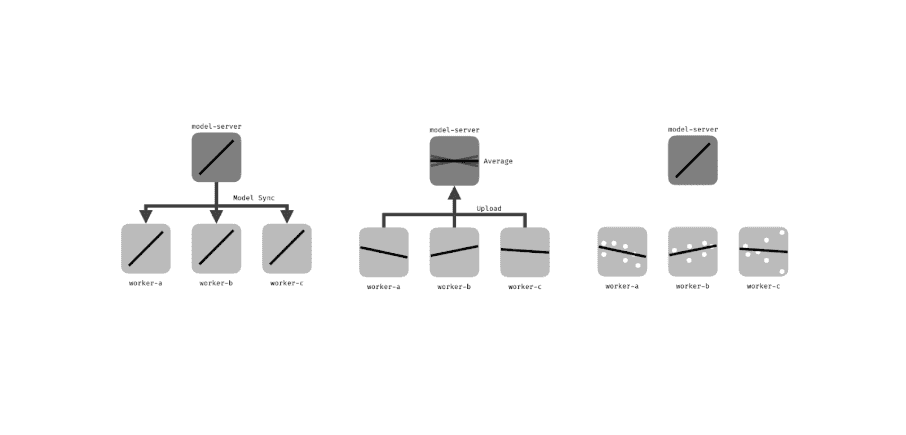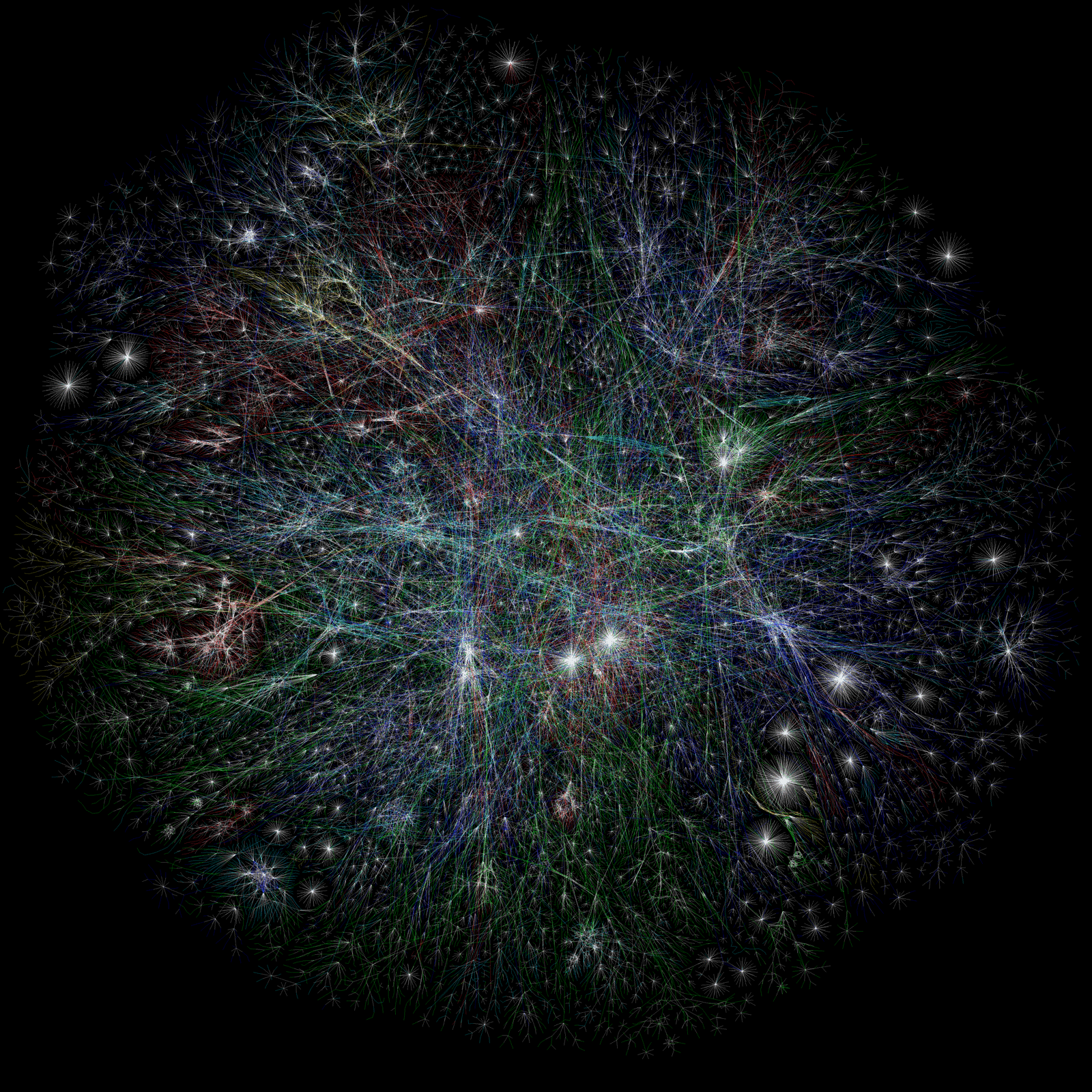
Federated learning for smart cities
An NSF-funded project at the Missouri University of Science and Technology will develop machine learning algorithms that rely upon data held on individual devices, rather than aggregating data on a central server. This approach is expected to be a big breakthrough because it does not require direct access to customer data, and dramatically reduces vulnerabilities. "Federated learning holds potential for protecting data for air quality monitoring, energy management and overall daily living in a city, Das says. ML algorithms could also secure data in transportation systems, protect critical infrastructure and serve police departments and emergency personnel," according to StateTech, a government technology blog.
This points towards a future where smart city IoT deployments are broadly viewed as secure, privacy conscious, while still capable of leveraging large amounts of machine intelligence.




..png)
